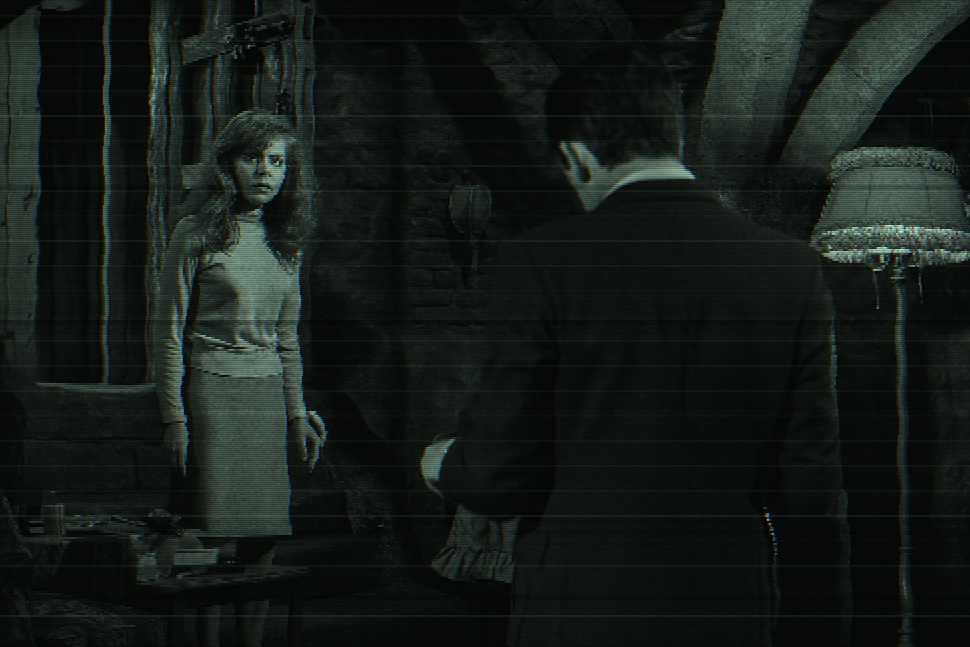
The Collector 1965
This transmission focuses on a solitary male human named Freddie, who wins a large sum of currency and responds not by improving his station, but by purchasing a rural property and installing a concealed containment space. He then kidnaps a female stranger — a student named Miranda — and places her in this enclosure. His stated goal is not harm, but companionship. He believes she will learn to care for him if given enough time and proximity.
Freddie is not aggressive in the traditional sense. He is quiet, polite, and easily flustered. He provides meals, avoids physical contact, and becomes offended when Miranda does not express gratitude. He interprets imprisonment as courtship, and resistance as a personal insult. His understanding of human interaction is fundamentally flawed — he wants connection without risk, affection without equality.
Miranda attempts various forms of resistance: negotiation, escape, manipulation, and finally illness. Freddie views each response as further proof that she is not yet the companion he believes she could become. He speaks of future guests, indicating this scenario is not a singular mistake but a pattern in development.
Despite his softness in tone, his actions are rigid. He cannot be reasoned with, because he does not see himself as unreasonable. He does not rage. He simply waits.
Conclusion: This transmission reveals a dangerous human trait: the belief that control is a form of love, and that withholding freedom is justified if the intention is labeled “pure.” Kindness becomes a weapon. Silence, a strategy.
This record confirms what Nebulon has long suspected: humans struggle to distinguish affection from possession and logic from longing. They may be sentient, but just barely.
